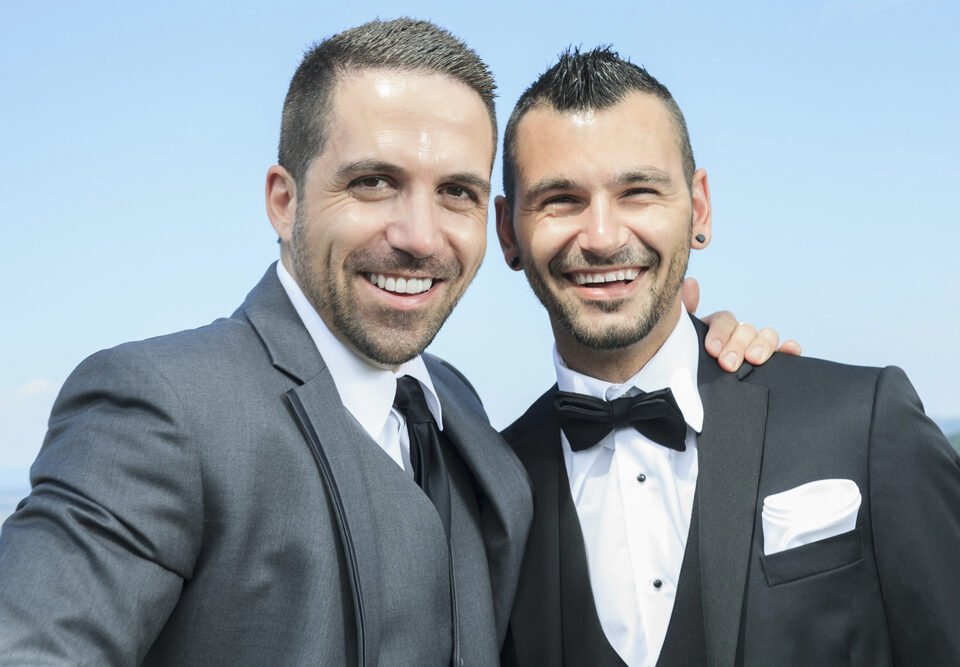Parentage Equality Act Passes in Rhode Island
July 24, 2020As the Pandemic Continues, More Babies Born to U.S. Surrogates Are Stranded Here
August 14, 2020Canada is the latest country to update its legal framework to recognize and protect modern families. Canadian parents whose children are born abroad through assisted reproduction can now rest easier knowing those children will be recognized as Canadian citizens, just as they would be if they were the parents’ biological children.

The Canadian Citizenship Act now defines a “parent” as including Canadian citizens’ biological children and non-biological children who nevertheless have a legal parent-child relationship. The new law provides that, in order to obtain automatic Canadian citizenship, a child born abroad through assisted reproduction must have at least one intended, legal parent who is already a Canadian citizen.
To be recognized as a legal parent, the parent’s name must appear on either the child’s original birth certificate or on surrogacy contracts, court orders, hospital records, or other relevant documentation. A parent with a biological connection but not a legal connection may be able to establish parentage through a DNA test.
The ruling by Quebec’s Superior Court recognized that children born through assisted reproduction to non-biological intended parents fell through a “loophole.” Without an adjustment to the definition of “parent,” a child born abroad who was biologically connected to one or both parents who were already citizens would also be a citizen. However, a child born abroad through a surrogacy arrangement, where the intended parents were not biologically-connected to the child, would not.
Ultimately, this ruling means that a child born outside of Canada who has at least one Canadian parent, whether that relationship is biological or through assisted reproduction, is a Canadian citizen. This court decision is a positive one for LGBTQ and heterosexual couples who start or add to their families through surrogacy arrangements outside of Canada.
Contact us at The Surrogacy Law Center to learn more about how we work with individuals and couples, helping protect their rights and interests in assisted reproduction.



